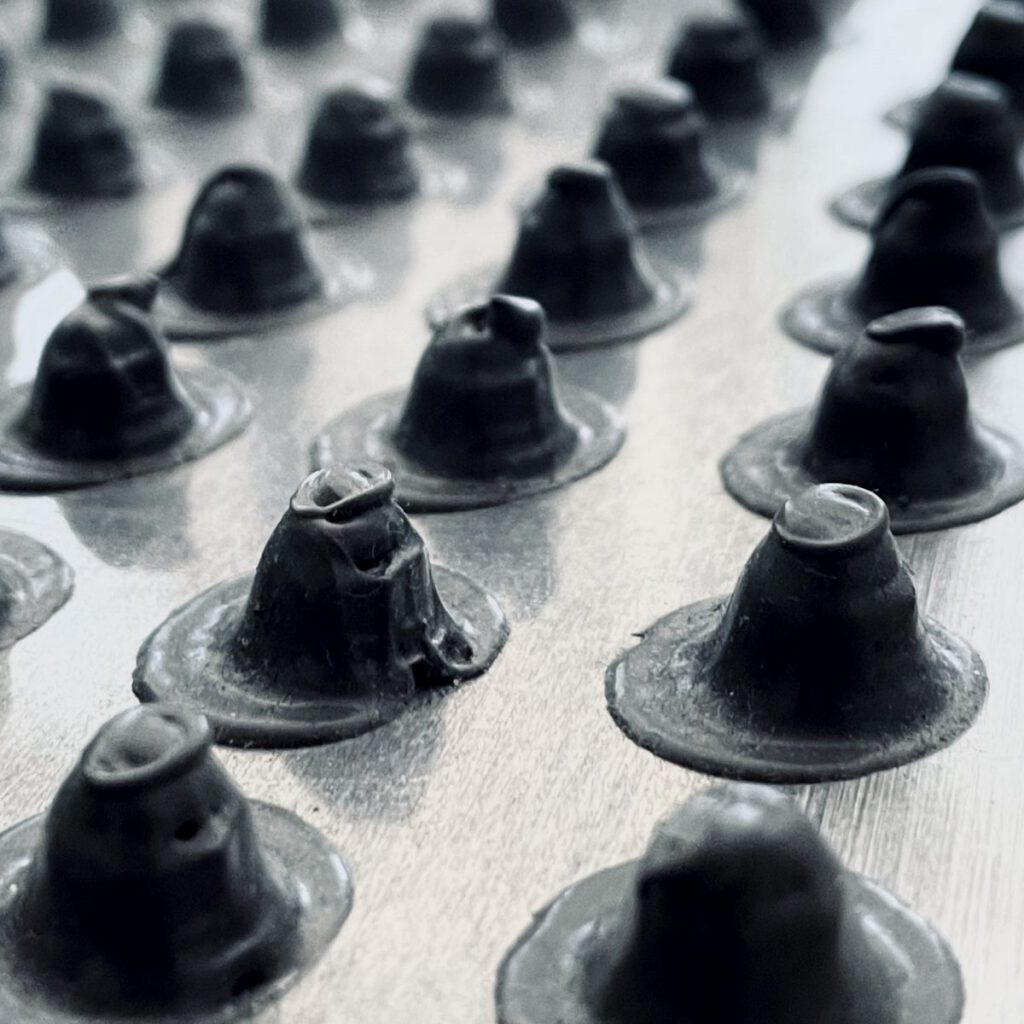Projects of tomorrow
Working with scientific partners to develop new ideas.
We move with the times! Pioneering ideas and projects make the field of research and development particularly exciting for us. Together with partners from scientific institutions and universities, we develop project ideas and start putting them into practice before anyone else. In doing so, we build on sustainable approaches that we can imagine will have market potential in the future and could be of interest to both business and end customers.
Our research projects are mostly of public interest and are therefore officially funded by the EU.




Project EisAuge
Weather-related failures of wind turbines are a serious problem in the renewable energy sector. The rotor blades of wind turbines ice up, which can lead to anything from poor efficiency to failure – financial losses for the operator are just one consequence.
The EisAuge project has set itself the task of developing a cloud-based ice detection system that uses modern artificial intelligence methods to evaluate RGB/infrared images. The focus here is also on type independence, as providers with similar solution approaches calculate with considerable adaptation costs for the commissioning of their systems for the type of system and location.
The research project aims to develop information processing services for icing detection as cloud-based software services and to combine these in a standard solution.
The project is being developed together with the University of Bremen’s affiliated institute, BIBA, and was funded by the European Regional Development Fund (ERDF).
PrintAI project
Self-learning software platform for 3D printer farms for individualized series production using the example of shoes.
In this research project, we are developing a novel software platform for the operation of 3D printer farms that covers the entire printing process, including pre- and post-processing. In addition to integrating all the people involved, the main aim is to automatically record and assess product quality. For this purpose, a self-learning quality control loop based on AI-based processes is being set up, which improves its performance with each print run by incorporating the print parameters and digital models.
Not only is the manufacturing process itself optimized, but also the adaptation of neutral shoe designs to individual feet, whereby intelligent algorithms are used to optimally adapt the outer and inner geometries to the respective 3D foot scan.
The project is being developed together with the University of Bremen’s affiliated institute, BIBA, and was funded by the European Regional Development Fund (ERDF).


Sealing Quality project
Application of soft seals
In the shipbuilding and aviation industries, soft seals are applied by hand to seal screw connections. The project consortium has set itself the task of computer-controlled evaluation of the quality of these so-called sealings in order to improve and accelerate the overall process – it’s all about increasing efficiency and minimizing errors. Together with the BIBA as a scientific partner and an application partner from industry, we are researching and developing a pioneering system that automates the process, which was previously highly manual.
Technical challenges in the project
- Development and training of neural networks for the visual detection of possible sealings
- Development of a mobile applicator that meets industrial standards in terms of mobility, user-friendliness and runtime
- Development of dynamic reports and documentation procedures that objectively assess the performance and quality of the sealings and can be used as a basis for management decisions
The project is being developed together with the BIBA, an affiliated institute of the University of Bremen, and is being funded by the BMWi.
